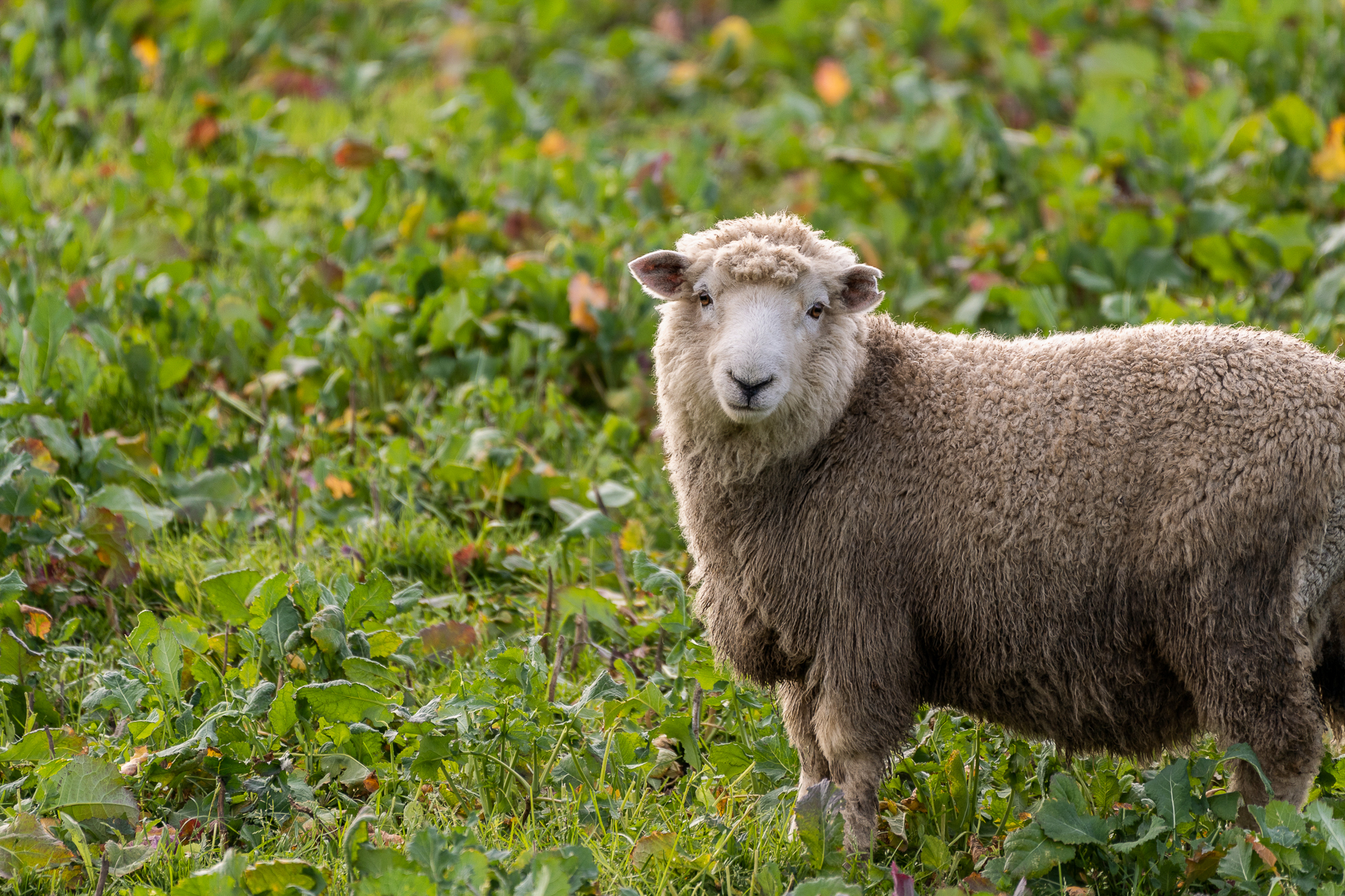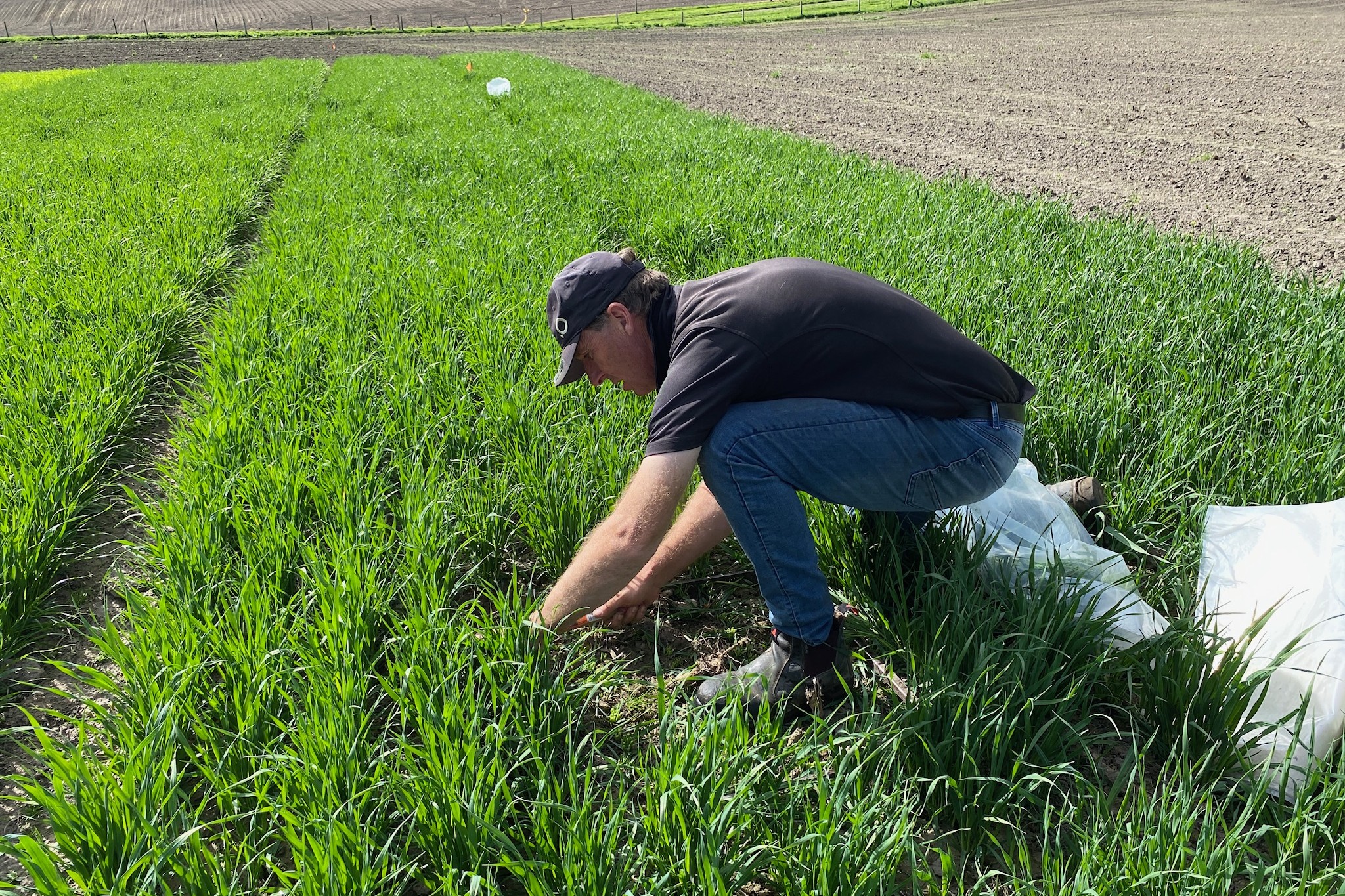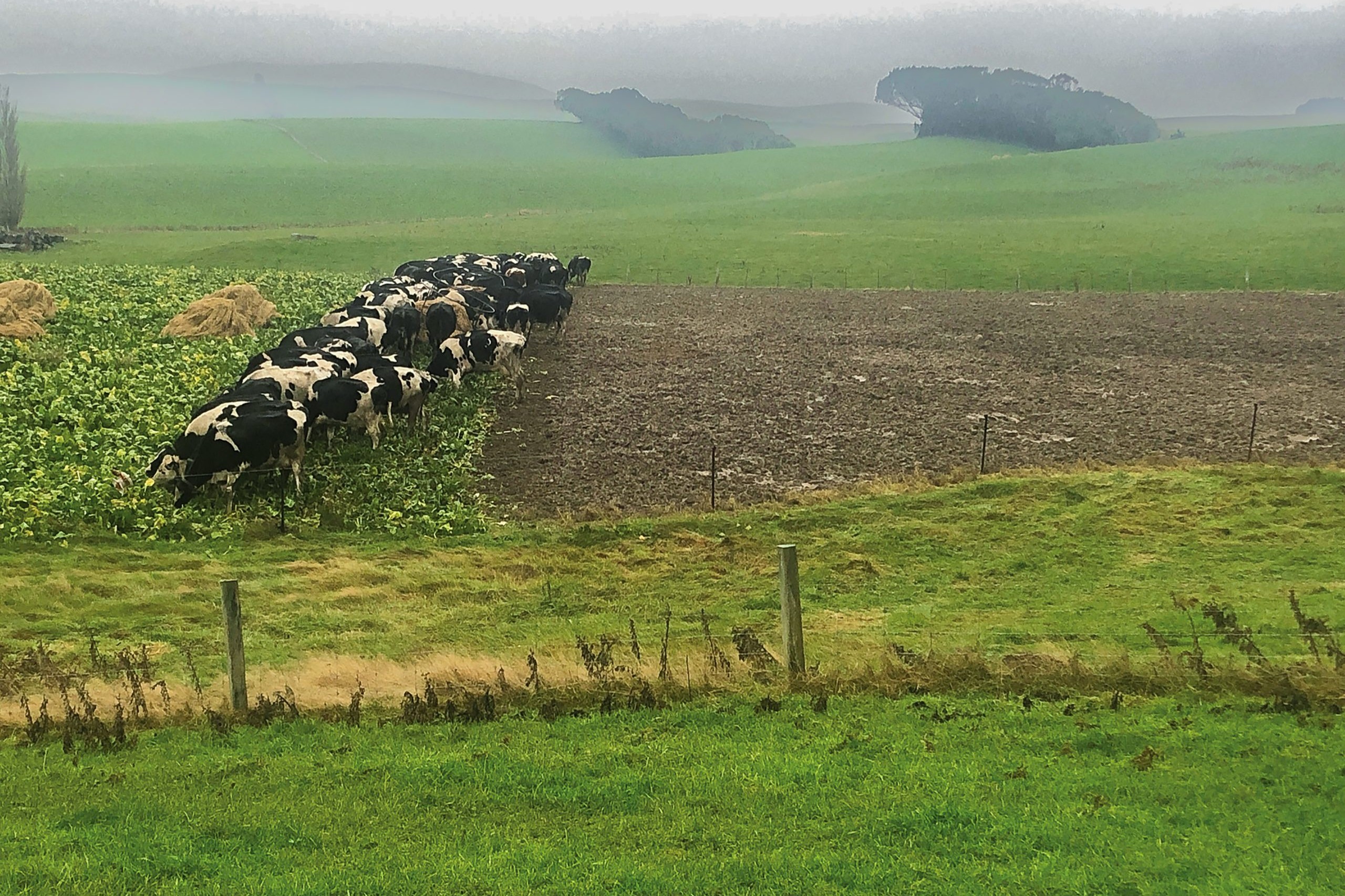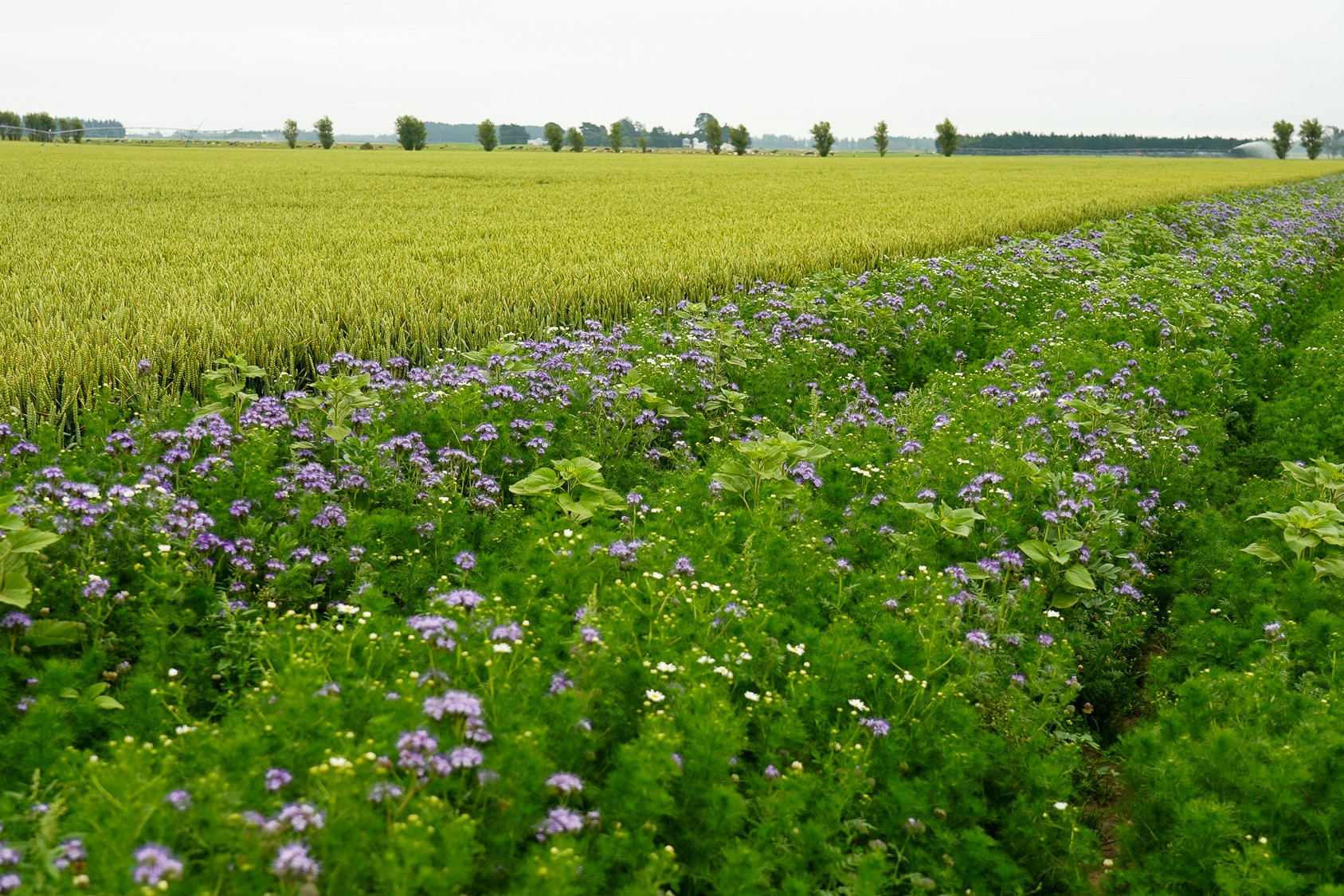What is an agronomist?
Following on from the September issue ‘What is a Scientist?’, Country-Wide posed the question: What is an agronomist?
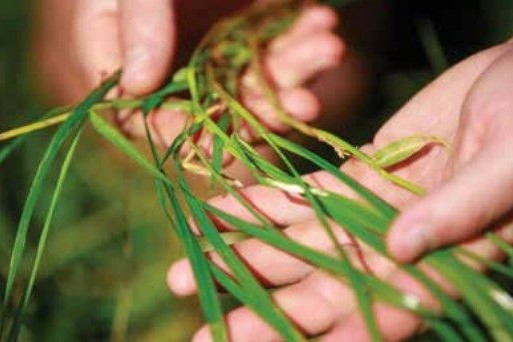
Following on from the September issue ‘What is a Scientist?’, Country-Wide posed the question: What is an agronomist?
Lincoln University plant science professor Derek Moot says an agronomist investigates and explains how plants grow in soil. How they affect and are affected by the environment. “Agronomists use science to determine best management practices.”
Agronomists usually have an advanced qualification in agriculture and understand when and how to intervene with appropriate practices to minimise harm from weeds, pests or disease,
Moot says.
Top agronomists are also crop physiologists. They understand how management and the environment interact to affect the processes that influence crop growth and development, and ultimately the yield and quality of different species.
‘They (agronomists) are now rather an endangered ‘species’ like many technical specialist roles.’
Agronomists must also understand farm systems to minimise impacts on the environment, he says.
Agronomy Society president Craig McGill says the council’s definition is a person who has recognised expertise in scientific research and/or the practice of agronomy. Agronomy is defined as the management and science of growing plants used in agriculture or horticulture. It is also the understanding of how the growing environment can modify that growth. This includes factors such as soil and nutrient management, the use of irrigation and integrated pest management.
Massey University Professor Kerry Harrington says an agronomist gives advice to farmers and growers on how best to grow plants, especially pasture and crop plants.
They should be keeping up with the latest findings from scientists involved with research. This includes plant breeding, pasture and crop management and more. This is needed to help farmers make the many decisions required to get the best production from their pastures and crops. They should also be helping farmers to adhere to the various regulations in place for the use of inputs such as fertilisers and pesticides in an environmentally responsible manner.
Massey senior lecturer in agronomy James Millner says an agronomist is somebody who is focused on the management of crops, annual or perennial, at the paddock scale.
Management is a broad term, he says, but in this context it includes everything from research and planning before crops are planted to post-harvest management such as transport and processing.
Over the top of all this are economic considerations; many decisions are guided by profitability but also sustainability.
Barenbrug agronomist and marketing manager Graham Kerr says there is no official definition or standard that makes someone an agronomist. But usually it is expected of a person with this title to have a university degree, which includes studying papers in agronomy, sometimes called plant science. The role of an agronomist is more applied than a scientist. Often it has a systems approach, for example linking plants with soil, animal and management effects.
There are also several more specific job titles such as ‘research agronomist’, ‘extension agronomist’ and ‘senior agronomist’.
When he started his career in the 1980s there were many more agronomists in agriculture than now, Kerr says.
“They are now rather an endangered ‘species’ like many technical specialist roles.”
He says experience is also a key part of knowledge and agronomists need five years in the role to begin to understand it. For example, a pasture agronomist needs to see a range of events from drought to slug damage, to understand how overgrazing or a lack of phosphate affect growth. It is equally important to understand why farmers make the decisions they do.
How best to help farmers understand their options and assist them in their decisions.
PGG Wrightson extension agronomist Wayne Nichol says there is no formal qualification to being accredited as an agronomist but there are some expectations to being employed as one.
Agronomists within NZ agriculture will generally require some form of graduate degree related to the field of interest, Nichol says. If it is a more senior or specialist role then post-graduate qualifications may be needed as well. The breadth of knowledge and the level of speciality required determines how much further training and development will be required beyond university.
On-the-job training is often a key part to this development process which takes time.
The role of an agronomist can be highly varied which requires a good grounding in agronomic principles and scientific trial work, he says. An ability to utilise this information is needed and knowledge to implement into a farm system. Also needed is an ability to convey and communicate this message.
Nichol advises farmers to look for the specialist with the appropriate qualifications and background to meet their needs.
FAR senior research Phil Rolston has the final word.
“An agronomist is a person who undertakes research and/or extension on agricultural plant species that integrates an understanding of the soil and nutrients, weather, pest management, crop inputs and general crop management.”

